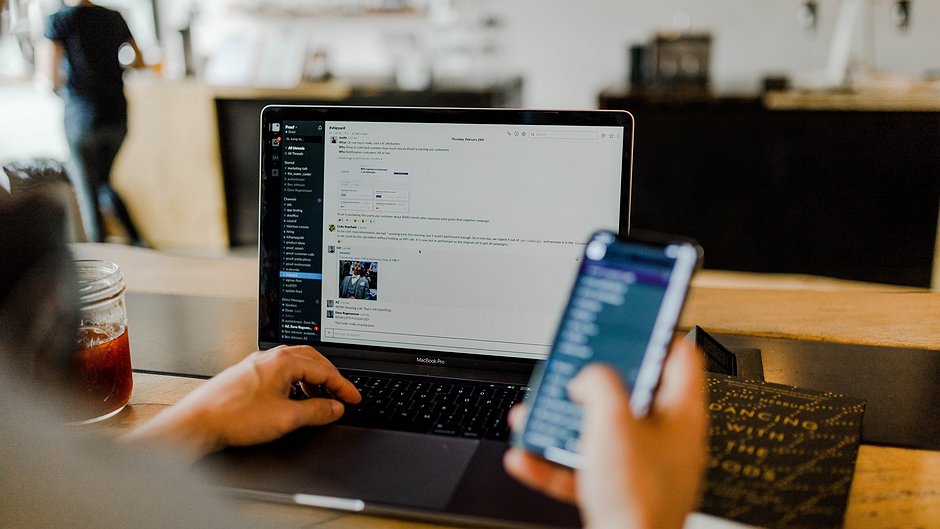
Boost your digital security with more secure video calls
Activists and journalists are increasingly the victims of digital security problems like hacking and online censorship. That’s why having secure video conferencing calls or voice calls are essential to keeping your digital footprint minimal. Here are seven things you can do to ensure you aren’t compromising your sources, contacts or your work as an activist or journalist.
1. Keep separate accounts for personal and activist/journalism activities
2. Prevent malware from getting on to your devices
3. Delete chat and call history regularly
4. On Smartphones, use Signal for secure communications
5. Change your passwords regularly
6. Beware of phishing and social engineering attempts
7. Use secure alternatives to Skype, such as JitsiMeet
Want to find more about digital security for your smartphone? Take Security First’s Secure Communications course on Advocacy Assembly for free.
Related courses

90 mins
 School of Data
School of Data
90 mins
 School of Data
School of Data Rory Peck Trust
Rory Peck Trust
50 mins
 Rory Peck Trust
Rory Peck Trust
Blogs

6 useful resources for journalists covering Covid-19
With a global pandemic spreading throughout the world, journalists are under increasing pressure to report accurate and relevant news for the masses. Often when covering a crisis, those on the reporting frontlines compromise their physical safety and mental health. To show some solidarity, the Advocacy Assembly team curated a list of useful resources from other organisations leading the way on this.

5 ways to find data for your next story
Data journalism is fast becoming a big trend in newsrooms across the globe. However, data isn’t always so easy to find. Here are five ways to get data for your next article.



